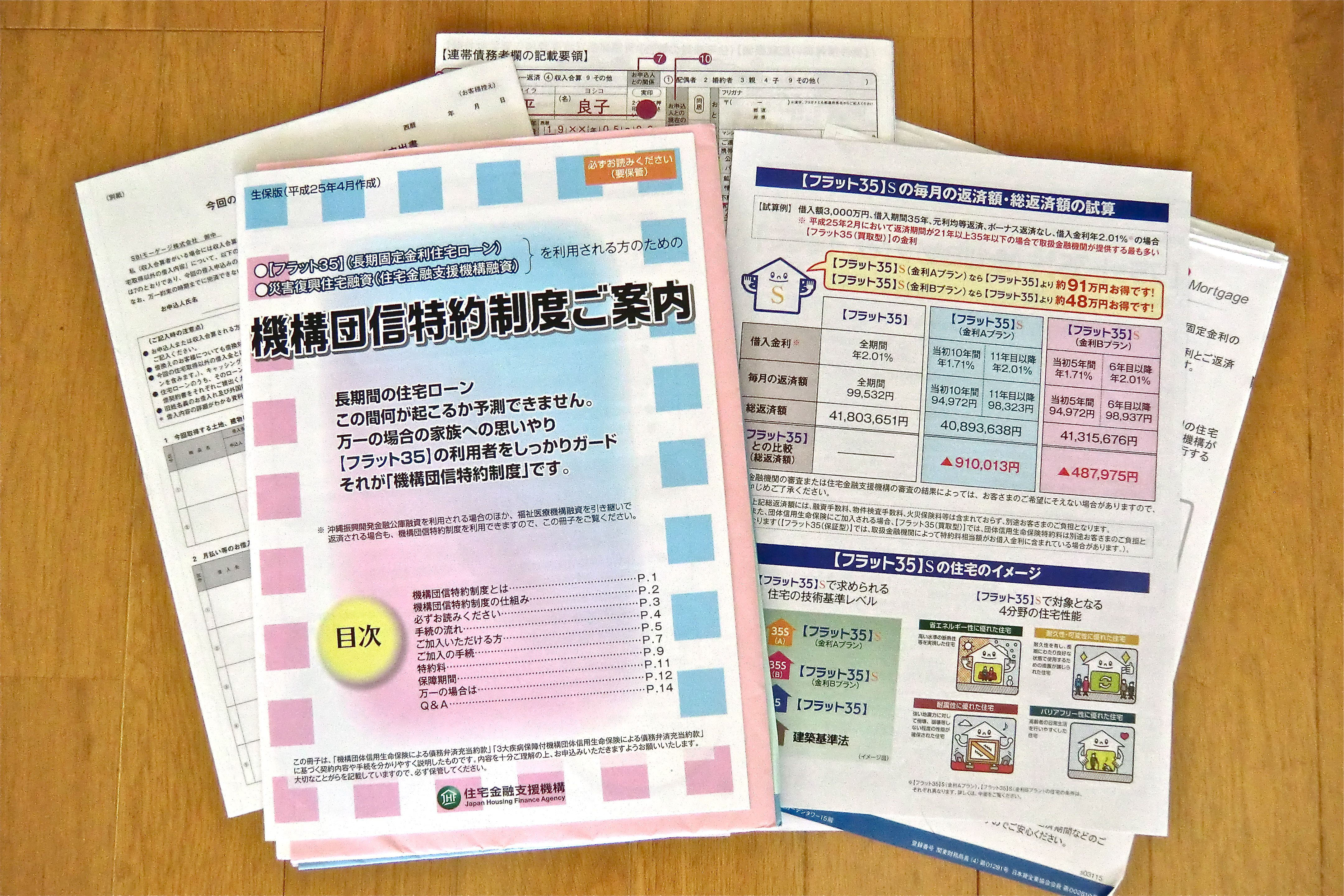The government has yet to confirm the timing of the approved consumption tax increase from 5 to 8 percent. It's slated to take place next April but there is still fear that the economy is too frail to withstand the effect the added tax might have on actual consumption. Consequently, the government is thinking of raising the ceiling for "Flat 35" housing loans from 90 to 100 percent. That means borrowers who qualify can have the entire cost of a home financed.
Flat 35 loans are mortgages with fixed interest rates for up to 35 years. Most conventional bank loans only have fixed interest rates for the first 10 years, after which they become variable. Presumably, the screening process for the proposed 100-percent loan will be more stringent than it is now, as there is more risk involved, but the purpose of the change is to encourage people to buy homes, so it may not be as strict as you may think.
In the second quarter of this year, there were 28,000 applications for Flat 35 loans, a 3-percent increase over the same quarter last year. It's assumed this boost is due to potential homeowners trying to beat the proposed consumption-tax increase as well as the higher interest rates and property prices that will materialize if and when Prime Minister Shinzo Abe's mission to boost inflation succeeds. But history indicates that as soon as the tax increase kicks in, home sales will decrease, so the housing and real estate industries are pressuring the government for some sort of incentive.



















With your current subscription plan you can comment on stories. However, before writing your first comment, please create a display name in the Profile section of your subscriber account page.